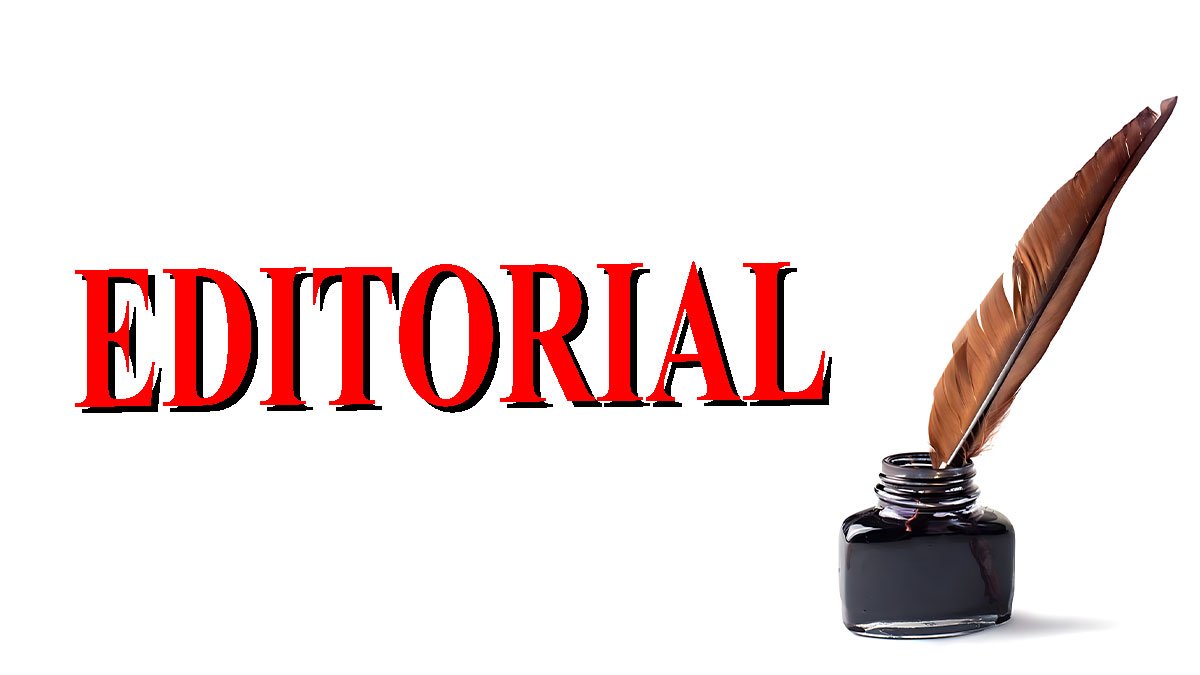Sean Mullin
When I graduated from West Point in 1997, I took the same oath every American military officer takes to “support and defend the Constitution of the United States against all enemies, foreign and domestic.” It’s not an oath to a political party. It’s an oath to defend the Constitution.
As a cadet, my field of study was constitutional law, and I came to understand that oath not as a formality but as a sacred promise. The Constitution isn’t just some historical symbol we salute; it’s the living contract that holds our democracy together.
That oath is the firewall between democracy and militarism. It ensures that our soldiers serve the people ‒ all of them ‒ not the ambitions of any single faction. It’s what makes the United States military the most respected institution in American life, and the envy of dysfunctional democracies around the world.
Our military serves one flag, not a political party
I’ve seen that principle tested. As an officer in the New York Army National Guard, I was a first responder after the terrorist attacks of Sept. 11, 2001. I served as the officer in charge of the soldiers stationed at Ground Zero.
My troops came from every political background imaginable, yet politics never entered the conversation. The mission was clear. The stakes were high. The service was shared.
That unity of purpose ‒ service above ideology ‒ is what separates a republic from a regime.
The Founding Fathers understood the peril of a politicized military. President George Washington warned against it in his farewell address. James Madison feared it in The Federalist Papers : No. 41.
Their caution was not theoretical. History offered too many examples of republics undone by armies that mistook their loyalty to be personal rather than constitutional.
Today, that danger feels closer than it should. The military is often pulled into political theater ‒ as a backdrop, a prop, a rhetorical cudgel. Each time that happens, it chips away at something fragile.
West Point rugby team provides life lessons
America is a politically divided nation, but I’ve witnessed one place where such division cannot afford to exist: the West Point rugby team.
After the team won the 2022 national championship, I was granted unprecedented access by the Pentagon to embed with the team while directing a documentary titled “Brothers on Three.” Over the next two years, I spent countless hours among hundreds of cadets. I couldn’t tell you the political beliefs of a single one of them.
Instead of being divided by rhetoric, they were united by something else entirely: trust, commitment and love. That’s the team’s motto ‒ and, I’d argue, the essence of what keeps our democracy strong.
The cadets I met at West Point want no part of political games. They see their service as a covenant not with a party, but with the country itself.
Watching them play rugby ‒ exuding the ideals of trust, commitment and love ‒ I was reminded of what genuine unity looks like. It isn’t unanimity of thought, but relentless commitment to a common purpose.
An apolitical military is not the absence of belief. It’s the channeling of one’s beliefs toward something larger than self-interest. It’s the difference between obeying the shifting winds of political expediency and honoring the integrity of a sworn oath. It’s what has allowed our republic to endure.
The neutrality of our military protects us all ‒ from tyranny, from division, from ourselves.
Every time those cadets took the field, I didn’t see Democrats or Republicans. I saw Americans.
They didn’t care who was left or right. They cared who showed up, who led and who sacrificed. Their teamwork was a quiet rebuke to our culture of outrage ‒ and a powerful reminder that rugby, like democracy, only works when everyone unites in pursuit of something bigger than themselves.
Author: Sean Mullin is an award-winning filmmaker and screenwriter. He served as an Army officer in Germany and later as a captain in the New York Army National Guard.







